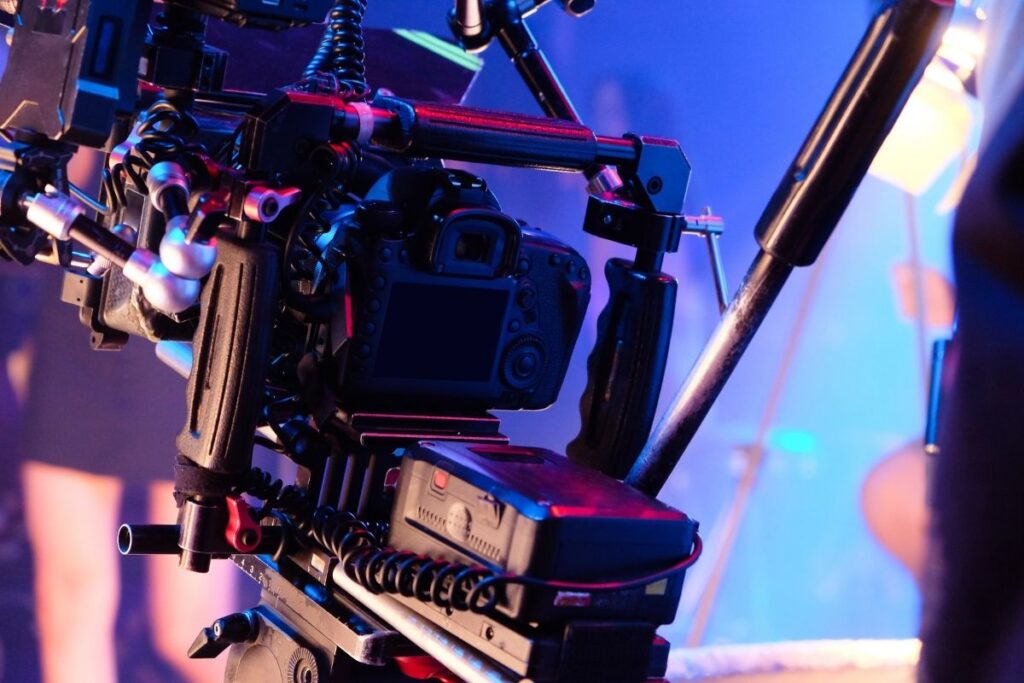The score plays an integral role in the music in the movies we love. Let’s take a look at the importance the score plays in the film industry and TV industry.
“A movie score makes or breaks a movie. Let me start by saying that one of the great composers, Nino Rota, was an Italian composer who did a lot of Fellini films when Danny Elfman wrote the score for Pee Wee’s Big Adventure,” says David K. Irving. “It was Danny Elfman’s first score, but it was a full-blown Philharmonic. Nino wrote the score. I’ve always been amazed at the work that Danny Elfman did on that film”
Danny Elfman went on to do the Batman films. He’s an amazing composer. I think it’s worth your while to study composition, to study composers, to see what music can do on a film. Some films use a lot of music.
Star Wars is what we call wall-to-wall, where John Williams scored, basically, the whole movie. Other movies have fewer scores in them. It’s important to know how much score you might want to have in a movie, says David. At the end of a film, in the editing process, you do what’s called spot a film, where you sit with the composer and you say, in this scene, I want this kind of music, I want this kind of music.
It’s all done mathematically from this footage point to that footage point, fade out, fade in. It seems like a very natural transition.
Make sure you’re not having the music blare over somebody’s line. Make that underscore. All of that work that you do with the composer is done drastically in post-production. But the score is going to add a tremendous element to the film because, as I said, it bypasses the brain and goes right to the stomach, explains David.
There are a lot of terms that, even if you’re not musically inclined, you should know about: beats, how many bars, major keys, minor keys, crescendos-these are all languages you want to share with a composer.
Now, you do have the opportunity, as you would with a cinematographer, to show work that you think would be effective. So you can show your cinematographer photographs, other movies, say, “this is the kind of look that I want,” and it helps the cinematographer understand the look you’re going for.
The same is true for the composer. You can play different compositions, like, Philip Glass or Bernard Herrmann. This helps the composer understand what you want.
“Now, some composers will say, don’t play me any music. Just let me come up with the score because I want it to come full-blown from my head,” says David. “My favorite composer is Bernard Herrmann, who did most of Hitchcock’s movies.”




